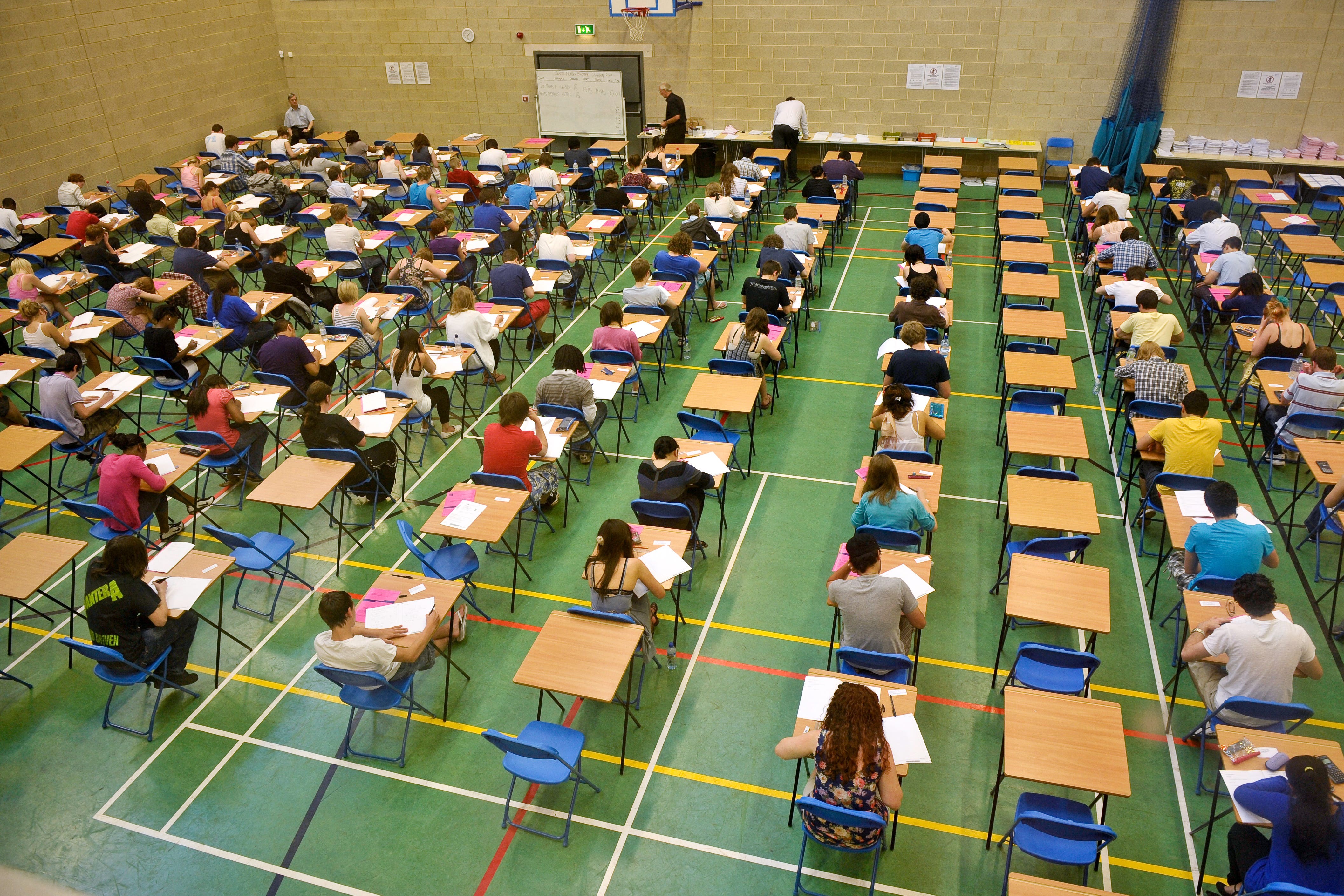British pupils more likely to get first choice university as international student numbers fall
Conservative ministers announced a crackdown on visas for overseas students after net migration soared
Your support helps us to tell the story
From reproductive rights to climate change to Big Tech, The Independent is on the ground when the story is developing. Whether it's investigating the financials of Elon Musk's pro-Trump PAC or producing our latest documentary, 'The A Word', which shines a light on the American women fighting for reproductive rights, we know how important it is to parse out the facts from the messaging.
At such a critical moment in US history, we need reporters on the ground. Your donation allows us to keep sending journalists to speak to both sides of the story.
The Independent is trusted by Americans across the entire political spectrum. And unlike many other quality news outlets, we choose not to lock Americans out of our reporting and analysis with paywalls. We believe quality journalism should be available to everyone, paid for by those who can afford it.
Your support makes all the difference.Pupils are more likely to get their first choice of university course than at any point in the past three years – in part because of a fall in international students, experts have predicted.
School leavers due to collect their results on Thursday are the first in five years to have sat both their GCSE and A-level exams after they were disrupted by Covid.
Despite record numbers applying for places, analysts say universities are planning to accept more UK students.
“All the signs are there that for 18-year-olds holding offers it will be a better admissions cycle than in either 2022 or 2023,” Mark Corver, a former director of admissions service Ucas who now runs his own consultancy, DataHE, advising universities told the Observer.

During the Covid crisis universities were forced to take large numbers of students as grades peaked, putting pressure on numbers in following years, but that tension is now thought to have eased.
For instance, 18 of the 24 elite Russell Group universities had vacancies on courses for English undergraduates, eight days before results day.
Mr Corver also said fears over international student numbers would also make many universities keener to take more UK students. “This is a big issue in the [elite] Russell Group, which is extremely dependent on these international students for revenue,” he said.
After net migration soared to 750,000, Conservative ministers announced a crackdown on visas, including for students from overseas, triggering a 15 per cent fall in applications.

Nick Hillman, director of the Higher Education Policy Institute think tank, also told the paper universities were preparing for the possibility that they could lose up to half their international students, a lucrative revenue generator as they pay more for their education than those from the UK.
Ofqual, the exams regulator in England, has said it expects the results to be "broadly similar" to last year, when grades returned to pre-Covid levels.
Last summer more than one in four, or 27.2 per cent of UK A-level entries achieved an A or above. But after the pandemic sent grades spiralling, as results became based on teacher assessments instead of exams, the figure was 36.4 per cent in 2022.
Despite the Covid crisis passing, some pupils found themselves in schools affected by crumbling concrete this time around.
But the Joint Council for Qualifications (JCQ) said "special consideration", given to those who experience things like illness, injury or some other event outside their control, will not be given to those whose learning was affected.

Join our commenting forum
Join thought-provoking conversations, follow other Independent readers and see their replies
Comments